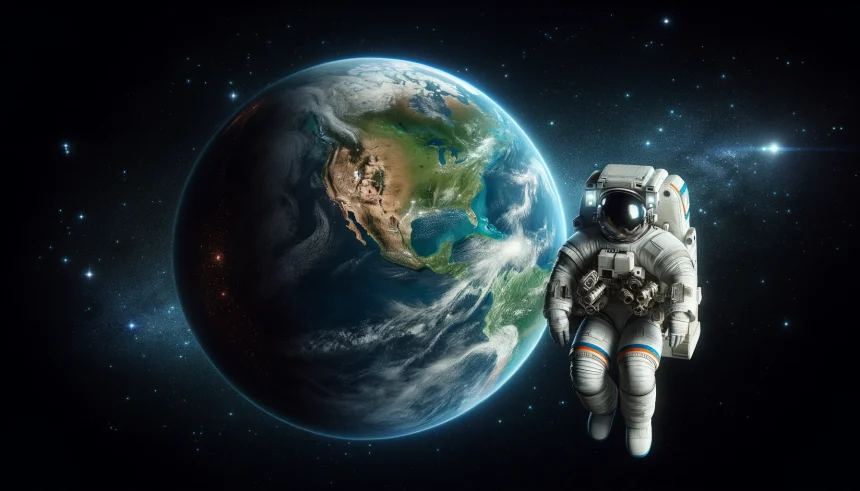Understanding the timing of water’s arrival on Earth is pivotal for comprehending the planet’s capacity to support life. Recent studies propose that water may have been delivered during the final stages of Earth’s formation rather than the early accretion phase. This shift in perspective could redefine our knowledge about the origin of life and the conditions necessary for its emergence.
Scientists have long debated when Earth acquired its water, with prevailing theories suggesting an early influx from asteroids and comets. However, new evidence indicates that water delivery might have occurred later in the planet’s development. This revelation challenges previous assumptions and opens new avenues for research into Earth’s geological and biological history.
How Did Water Reach Earth in Its Final Stages?
The research team led by Katherine Bermingham analyzed isotopic compositions of molybdenum in meteorites. Their findings suggest that water was added to Earth during the late accretion period, coinciding with the planet’s final assembly phases. This indicates that the majority of Earth’s water did not come from the initial impacts but was instead delivered incrementally towards the end of its formation.
What Implications Does This Have for the Origin of Life?
The timing of water delivery is crucial for the emergence of life, as water is a fundamental component for biological processes. If water arrived later, it may have influenced the conditions under which life began, potentially requiring a reevaluation of when and how life first developed on Earth. This could lead to new hypotheses about the resilience and adaptability of early life forms.
How Does This Study Compare to Previous Findings?
Previous theories emphasized an early arrival of water through widespread asteroid and comet impacts. This study, however, presents data that aligns Earth’s water delivery with the tail end of its accretion process. By comparing isotopic signatures from inner Solar System meteorites to Earth’s rocks, the research provides a more nuanced understanding of the sources and timing of water that differed from earlier models.
The study conducted by researchers from Rutgers-New Brunswick and collaborating institutions utilized advanced ionization spectrometry to examine molybdenum isotopes.
“When water was delivered to the planet is a major unanswered question in planetary science,”
stated Bermingham. Their analysis showed a closer resemblance between Earth rocks and meteorites from the inner Solar System, suggesting a later and more staggered delivery of water. This challenges the idea that the Moon-forming impact was a significant source of Earth’s water, instead pointing to incremental additions during late accretion.
This new perspective not only alters our understanding of Earth’s early environment but also has broader implications for the study of other rocky planets and their potential to harbor life. By pinpointing the timing and sources of water delivery, scientists can better assess the habitability of exoplanets and the necessary conditions for life beyond our solar system.
- New study suggests Earth received water later in its formation.
- Findings challenge earlier theories of early water delivery.
- Research impacts understanding of life’s origin on Earth.










